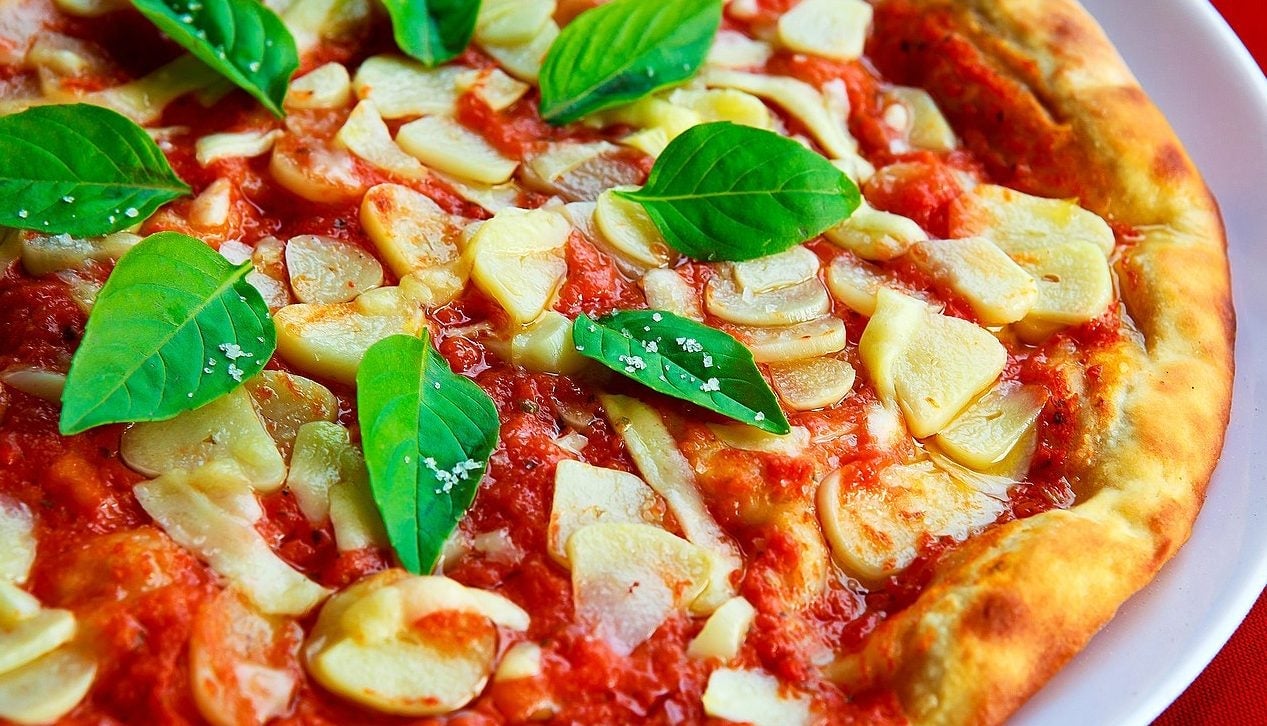India’s restaurant industry is resetting its menu for a post-Covid-19 world
The Covid-19 pandemic has crushed the dining-out culture in India.


The Covid-19 pandemic has crushed the dining-out culture in India.
Most dine-in restaurants across the country have either remained shut for the last 80 days or stayed deserted as people practice social distancing. The trend is unlikely to reverse in the coming months as India is still witnessing a constant rise of Covid-19 cases. As on June 29, the country had over 500,000 cases, with nearly 20,000 fresh infections reported in just 24 hours.
Now, to salvage their livelihoods, restauranteurs in the country are reinventing their businesses in ways that would not only benefit them during the pandemic but even beyond. While some have overhauled their menus to add healthier options, others are opting for better packaging and even ensuring more on-premise hygiene.
The hope is that “people will continue to turn towards food experiences as a means of comfort and sustenance in an otherwise uncertain world,” said Ashwin Jain, founder of a restaurant brand InstaPizza.
Change for the better
Karma Hospitality, which runs a chain of boutique hotels and resorts across popular Indian tourist destinations such as Jaipur and Goa under the Treehouse Hotels brand, has changed its menu to ensure fewer people come in contact with the food while it is being prepared. ”Any dish which requires more than one chef has been removed,” Jayant Singh, founder and managing partner of Treehouse, told Quartz.
Also, the company is adding dishes and beverages that are believed to improve immunity, Singh said. The new menu includes mango basil colada, coconut and banana smoothie, and turmeric milkshake, in addition to soups made with ginger and peppers, among other things. “We have also added immunity boosters tadkas (tempering) for lentil. They are a combination of red bell peppers, garlic, ginger, turmeric, sunflower seeds, and green tea,” Singh said.
At some of its properties, Treehouse has converted the banquet halls into restaurants to ensure better distancing between tables. It is also considering moving to eco-friendly disposable cutlery and crockery, in addition to individual servings of condiments at the tables.
Even in the home-delivery segment, hygiene has come centerstage. InstaPizza, for instance, is delivering sanitising wipes with every delivery, so that customers can disinfect the packaging before touching the food.
This makes sense because Indians are ordering in like never before.
Bringing the restaurant home
While dining-out is still considered risky, home delivery of cooked meals is picking pace. In May, food delivery in India rose over 30% as compared to January, when coronavirus was not a wide-spread threat in India, according to market research firm Redseer. This was probably because people are wary of calling their part-time cooks back to work amid the pandemic.
This demand has wooed even the star-hotels in India to try their hands at home delivery. The India arm of JW Marriott, for instance, has partnered with homegrown travel portal MakeMyTrip to facilitate home delivery of its dishes.
“Select Taj Hotels in key cities have been offering gourmet products, bakery hampers as well as wellness hampers from JIVA spa under Hospitality@Home initiative,” said a spokesperson of Indian Hotels, which manages properties of brands such as Taj, Vivanta, and Ginger. “Guests can also order their favourite dishes from iconic Taj restaurants across Mumbai, Delhi, Bengaluru, Chennai, Hyderabad, and Kolkata.”
This trend will provide an additional boost to India’s online food delivery market, which is estimated to grow at over 30% per annum until 2024, by when it will have more than 300 million customers.
Singh of Treehouse also believes that there’s a possibility that restaurants of star-hotels, which are unlikely to resume business any time soon, may start catering home parties and gatherings.
Riding the feeling
At a time when most of their customers are trapped indoors with not many options for leisure, the Indian arm of the American multinational fast-food chain Burger King is trying to “bring back the lost Friday feeling” by introducing combos that can be home-delivered, Srinivas Adapa, chief marketing officer of Burger King India said.
InstaPizza, which is known for its “desi-fied” and affordable pizzas, has also launched combo meals that are “designed for families to enjoy together,” Jain said. “The incidence of individual meal ordering has gone down since work from home has become the new standard.”
But this feel-good approach might have limited success as the restaurant industry will continue to struggle with a slew of challenges in the coming months, experts believe. The biggest one perhaps will be the unavailability of manpower as nearly 70% of the people working at Indian restaurants are migrants from villages and small towns.
India has over 454 million internal migrants, as per Census 2011. In March, when the Indian government announced a nation-wide lockdown, millions of these daily-wagers left cities due to lack of employment. Some experts now believe that about 30% of these migrant workers may never return to cities.
“Before we throw open our premises, it will be very important to enable this migratory staff to travel and return,” said Gurbaxish Singh Kohli, vice-president of the Federation of Hotel and Restaurant Associations of India. “Currently, we are not even sure how many will come back.”
But even in the best-case scenario, Kohli expects restaurant businesses in India to take at least six months to get back to good days.